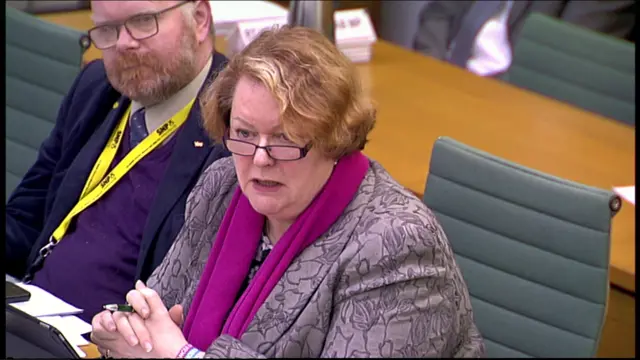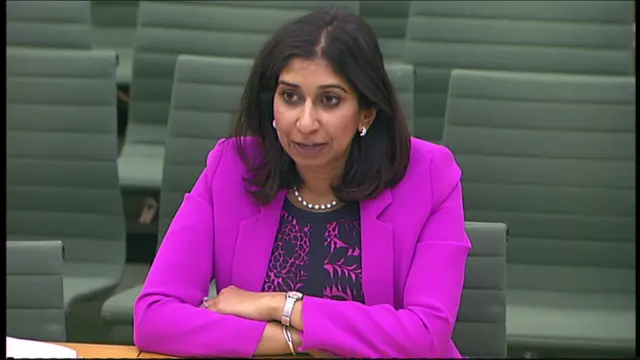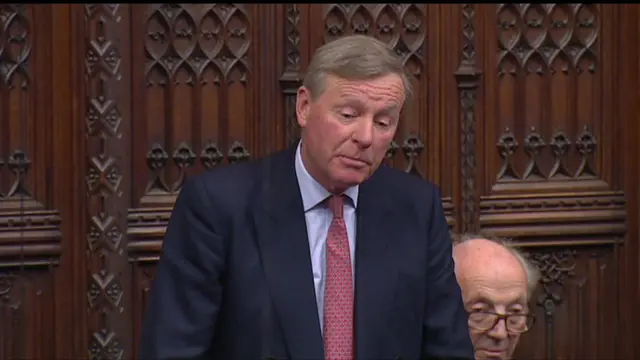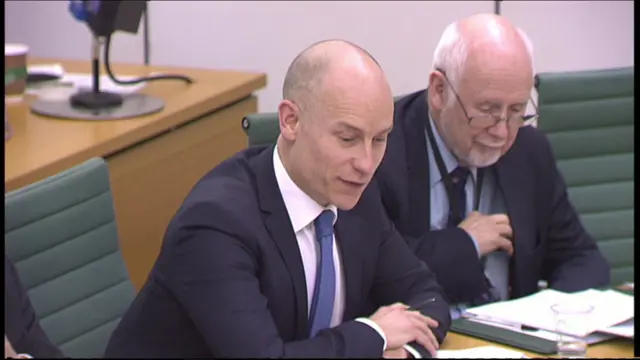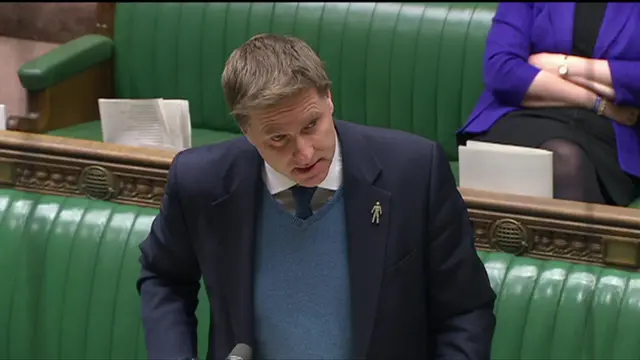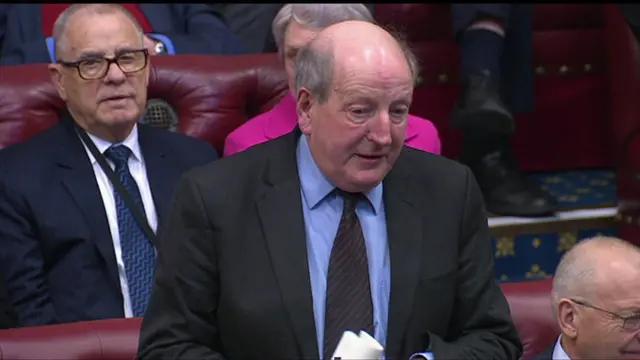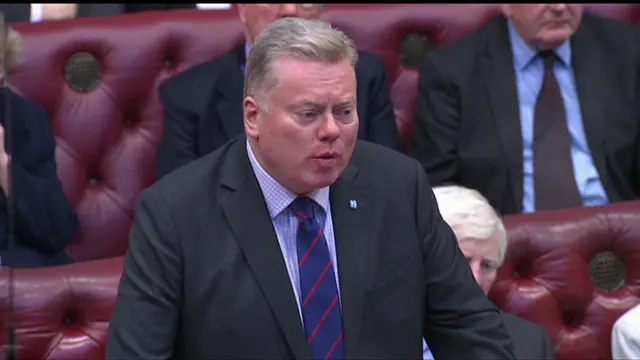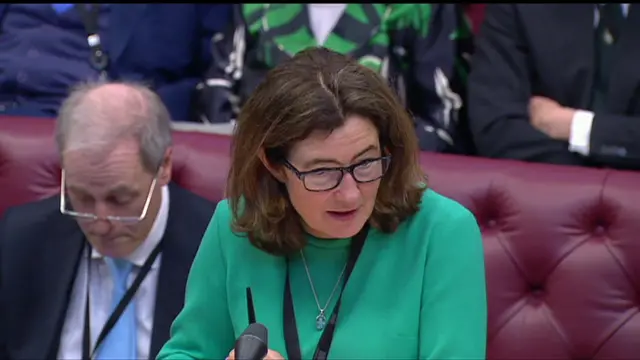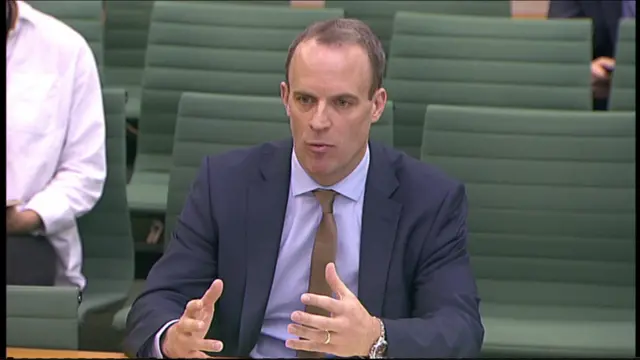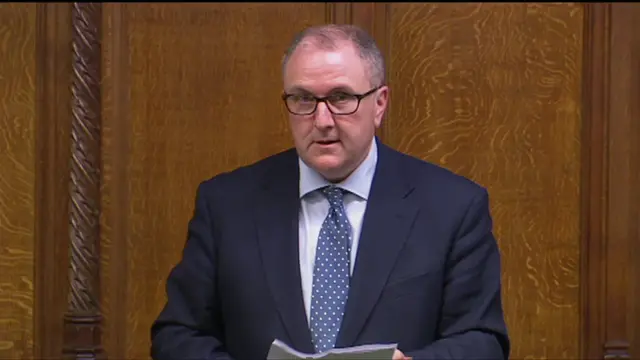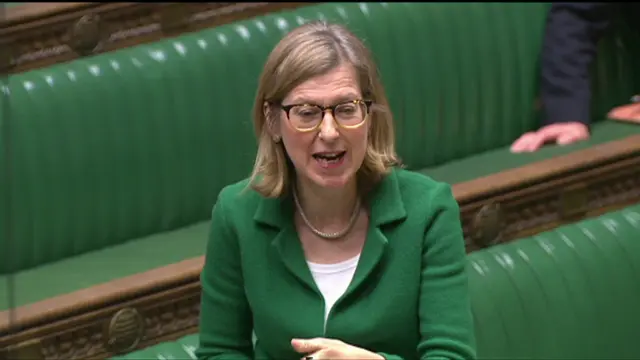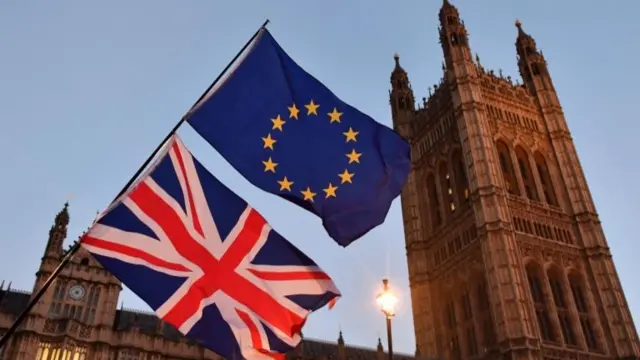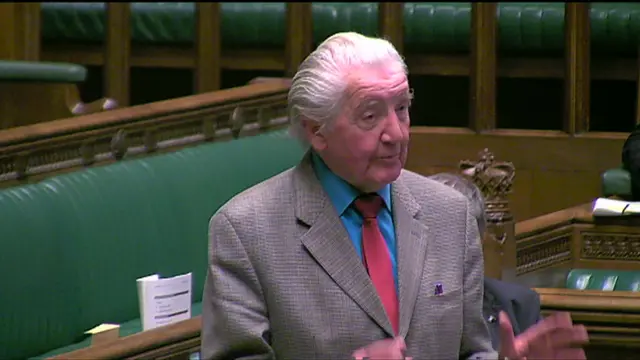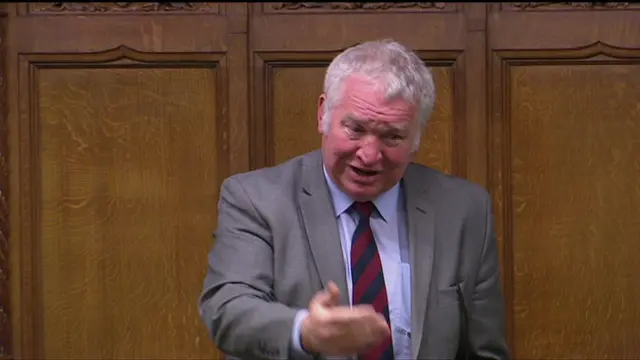Braverman: No need to deliver 'Remainers' Brexit'published at 16:49 GMT 6 February 2019
European Scrutiny Committee
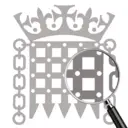 Select Committee
Select Committee
Parliament
Labour's Stephen Kinnock says it could be argued that the "narrow" victory for Leave in the 2016 referendum is a "mandate to move house but to stay in the same neighbourhood".
Mr Kinnock is a supporter of the so-called Norway model for Brexit - under which the UK would remain in the EU's single market.
Suella Braverman says talking about the narrowness of the vote is a "tactic to render the result meaningless", adding: "I don't agree with that position, and we don't run elections in that way".
She adds that Brexit was "endorsed" during the 2017 General Election, because "80% of voters" endorsed parties that supported Brexit.
She says "we don't have to deliver a 'Remainers' Brexit' because of the 52:48 result".
